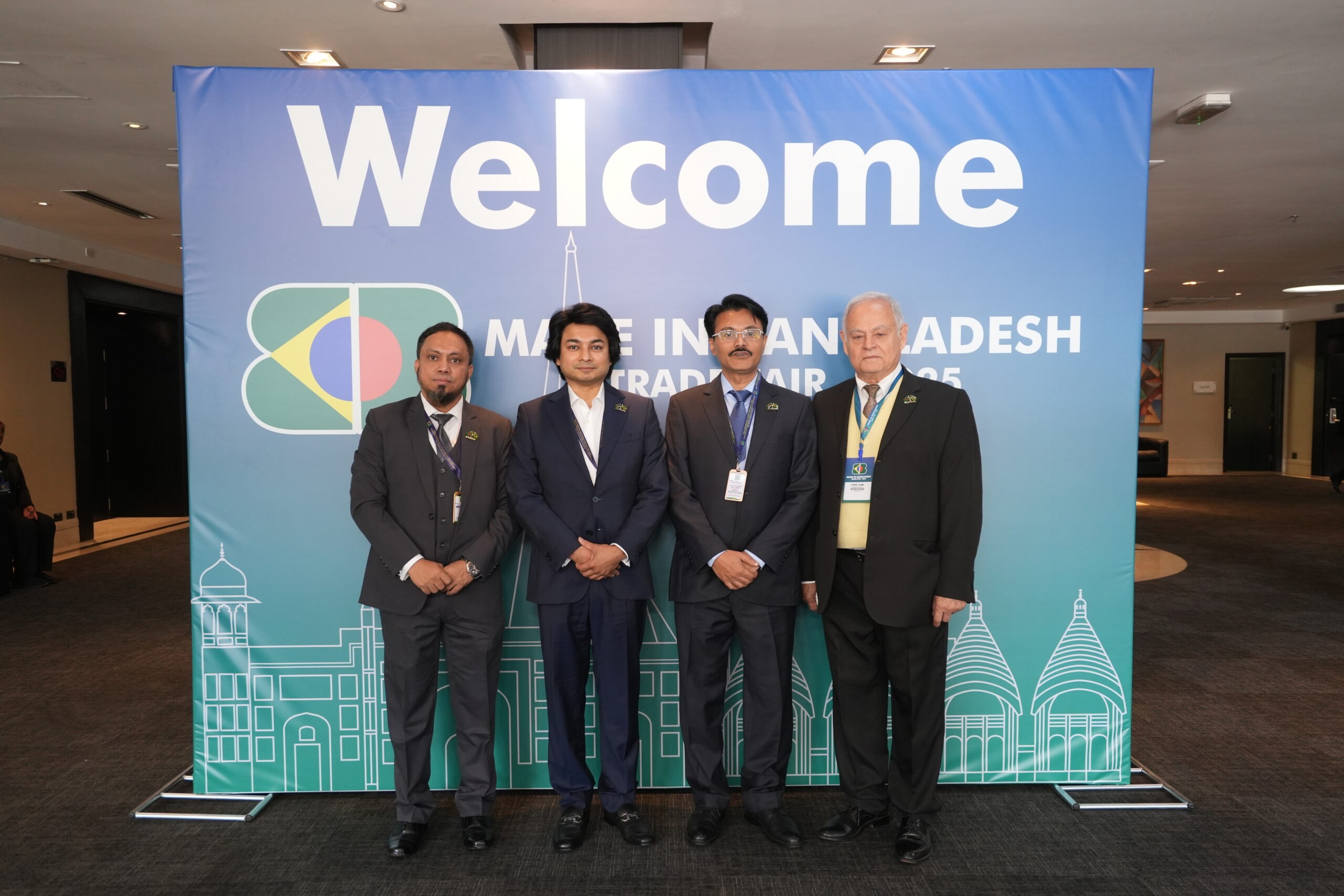Made in Bangladesh Expo 2025 Impact
Made in Bangladesh Expo 2025 Impact Md. Joynal Abdin Secretary General, Brazil Bangladesh Chamber of Commerce & Industry


Made in Bangladesh Expo 2025 Impact Md. Joynal Abdin Secretary General, Brazil Bangladesh Chamber of Commerce & Industry